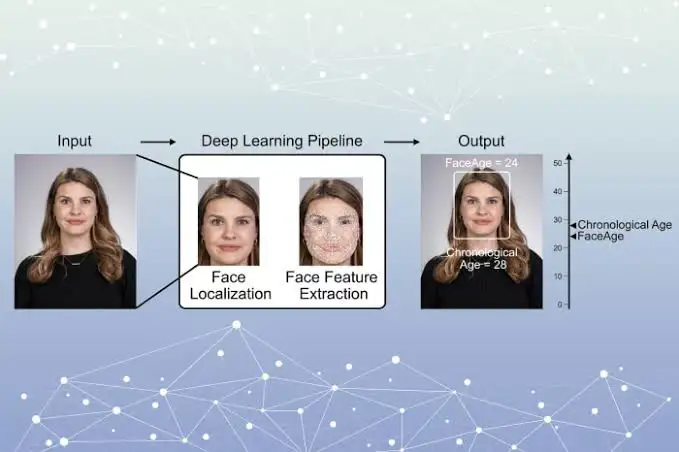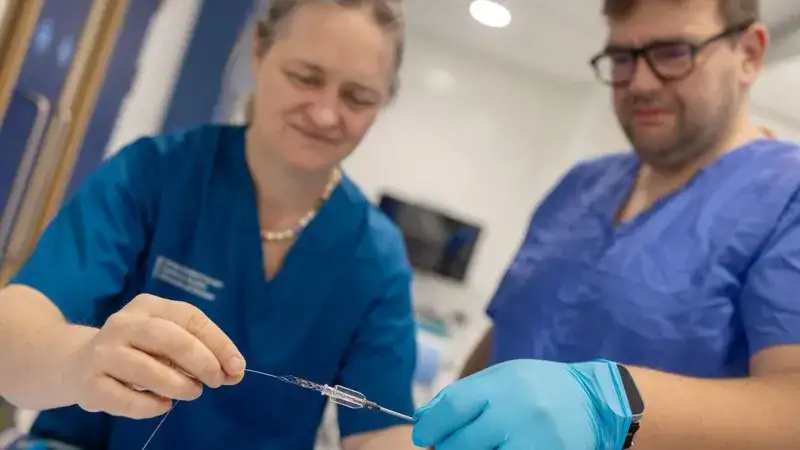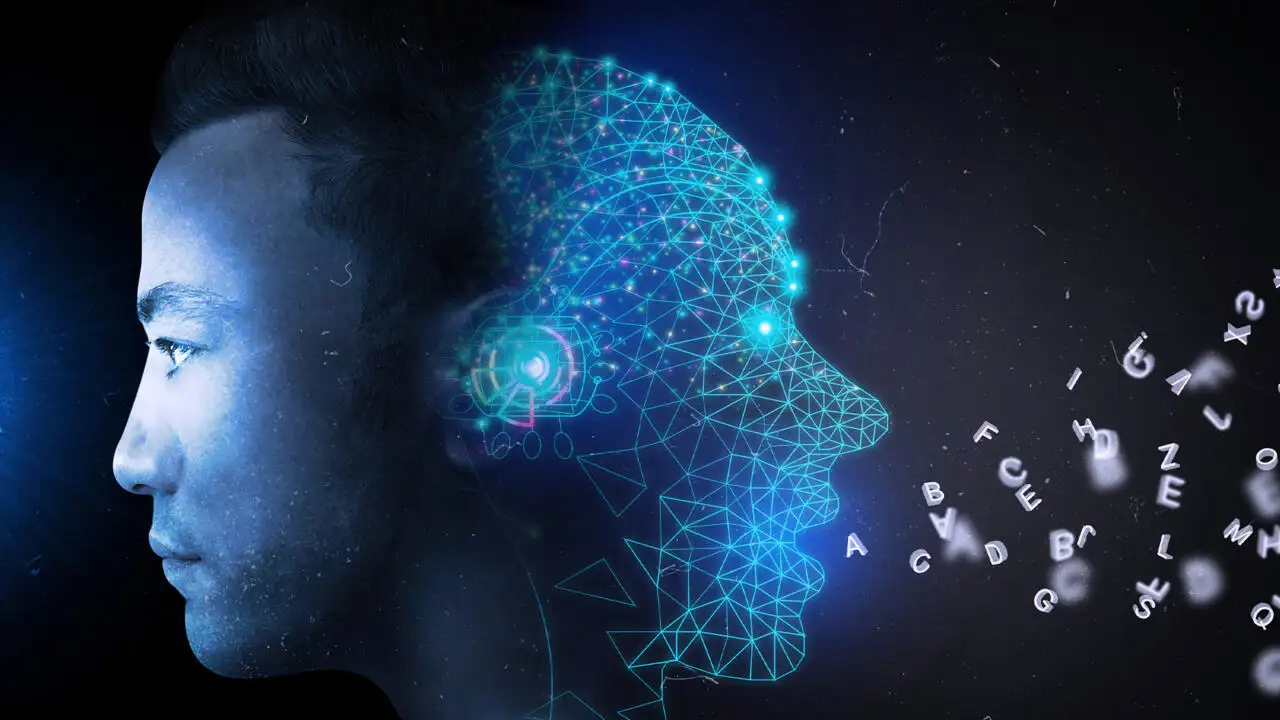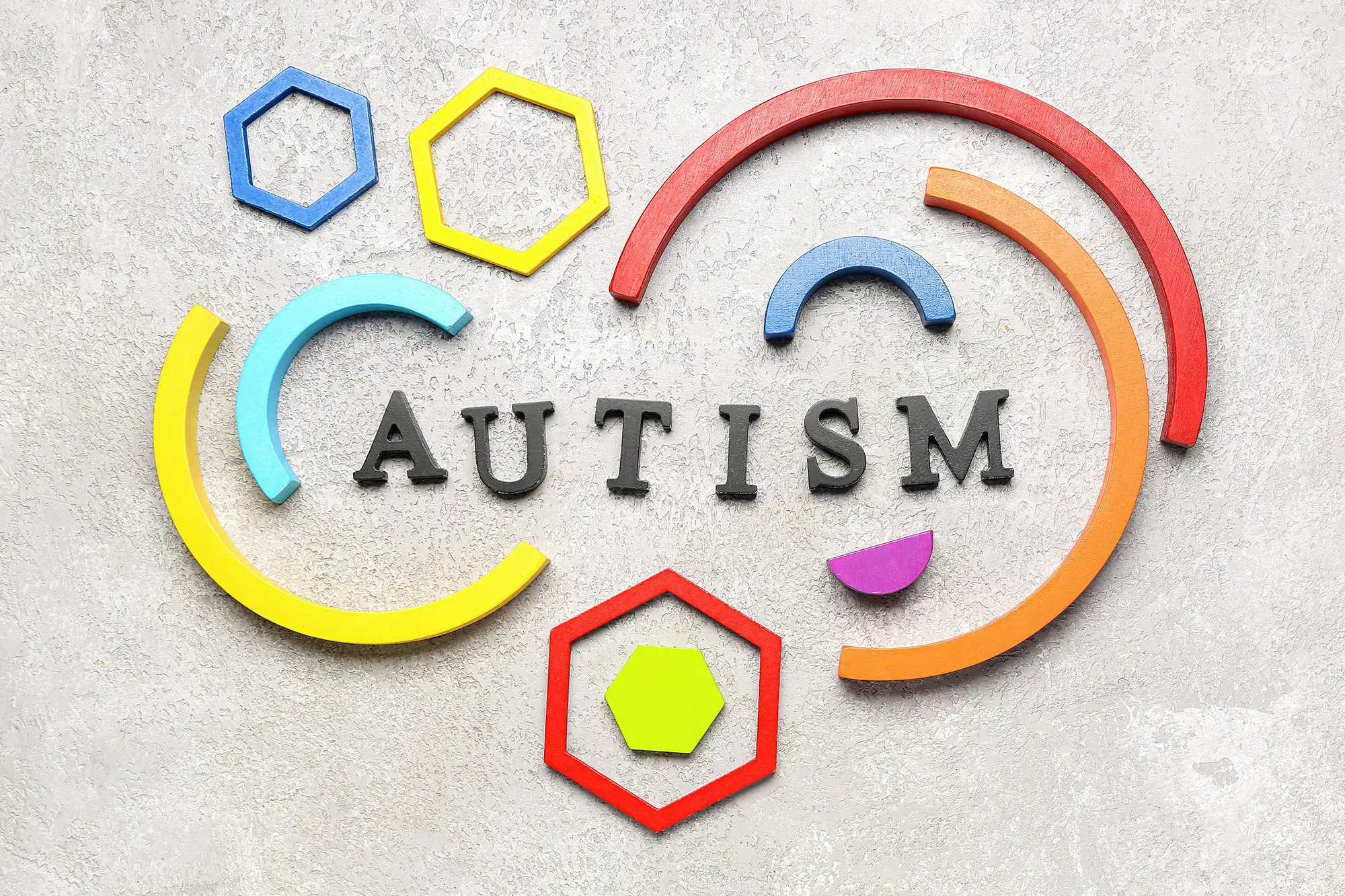A new artificial intelligence tool from Harvard is using facial recognition technology to predict a person's biological age and overall health, sparking both interest and ethical concerns. The app, known as "FaceAge," analyzes facial features to provide a snapshot of a person's wellness, serving as a biological biomarker.
The development is part of a growing trend in which AI is being used to transform selfies into diagnostic tools. Other existing applications include an app that helps doctors diagnose genetic conditions, and a system used in nursing homes to track pain in patients with dementia who are unable to communicate verbally. Proponents of the technology, such as radiologist Dr. Raymond Mak, a creator of FaceAge, argue that the face is a powerful indicator of internal health and that this technology is a significant medical biomarker, not a gimmick.
However, the rapid proliferation of these technologies has raised alarms among ethics experts. Malihe Alikhani, a machine learning professor at Northeastern University, expressed concern that AI is entering these medical spaces too quickly without a full understanding of what it is measuring. Critics worry that these apps could lead to a resurgence of pseudoscientific practices like physiognomy, which has historically been used to justify racism and bigotry.
The original article's author tested the FaceAge app and found inconsistent results based on variables like lighting and photo quality, highlighting the technology’s current limitations. The author’s experiment suggests that while the concept holds promise, the technology is not yet a reliable diagnostic instrument. The report concludes that while such innovations have the potential to improve healthcare, they must be developed and implemented with caution to ensure they are safe, beneficial, and ethically sound, according to Business Insider.




